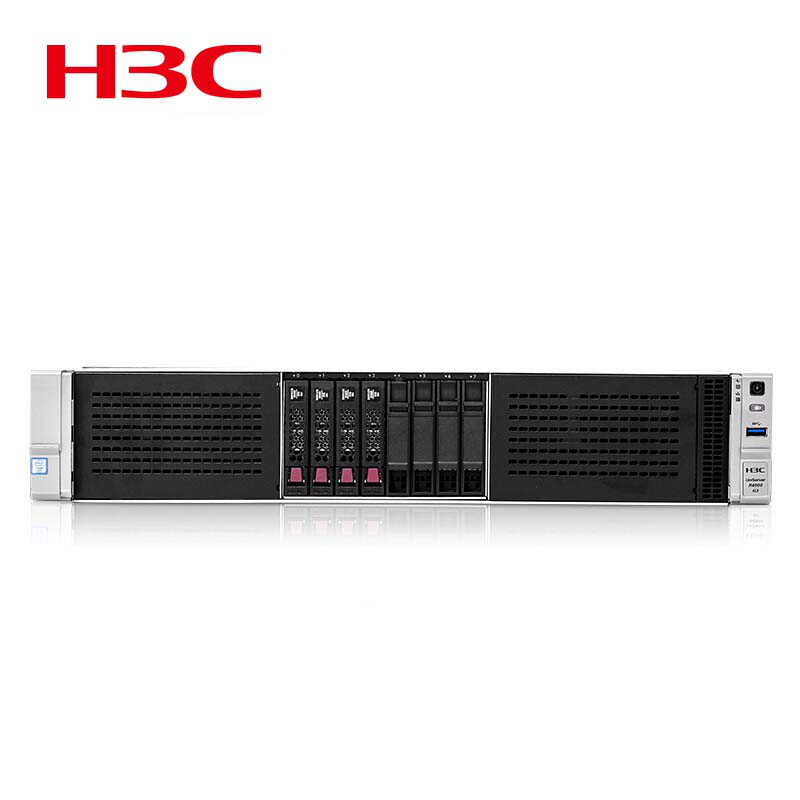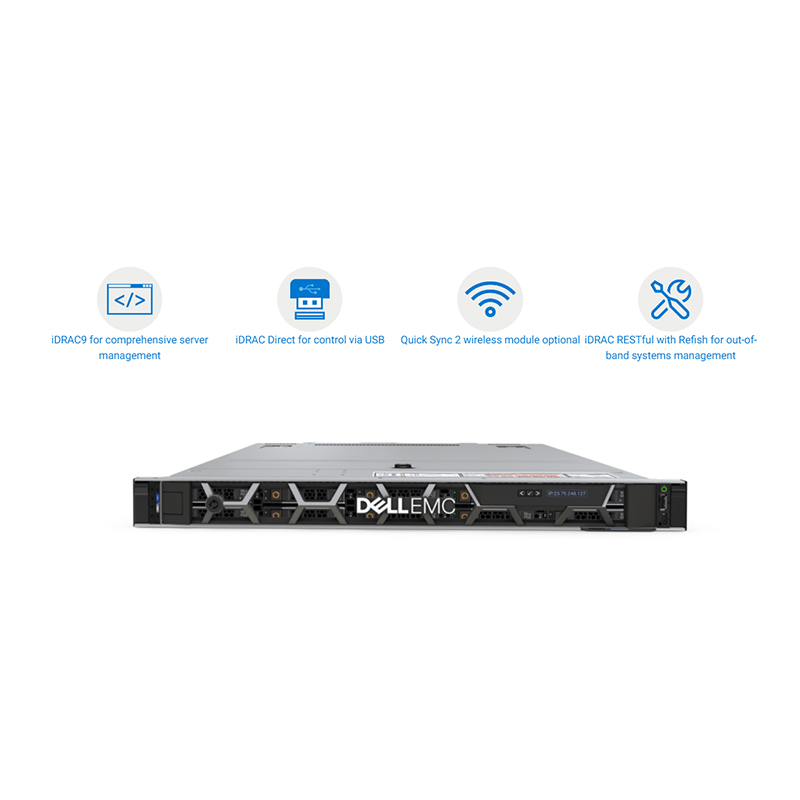The devices will be plug and play for any data center
The IonQ Forte Enterprise will fit into roughly eight standard server cabinets. Hdd Server Rack

Today’s most powerful quantum computers are elaborate, bespoke machines that can take up entire rooms. IonQ says its new devices will be mounted in standard server racks and can slot seamlessly into any data center.
Last week at Quantum World Congress in Tysons, Va. (just outside Washington, D.C.), the company unveiled designs for two new “enterprise-grade” quantum computers based on its trapped-ion technology. Unlike the Maryland-based firm’s previous systems, both have been designed to fit in standard server cabinets and integrate with conventional computing infrastructure.
The Forte Enterprise will be available from next year and feature 35 “algorithmic qubits” (AQ)—a metric invented by the company to denote the number of qubits in a processor that can be put to useful work, rather than the sheer number of physical qubits. That’s a modest performance boost from the 29 AQ achieved by the company’s existing Forte computer, but the new device will fit into eight server cabinets, which represents a 40 percent reduction in size. And the company says that in 2025 it will launch the 64-AQ Tempo, which will fit into just three cabinets and be the company’s first system able to outperform classical computers on certain tasks.
The move to a rack-mounted form factor suggests a shift in IonQ’s business model, from selling remote access to its devices over the cloud to hardware sales.
The shift to an industry-standard form factor is all part of the company’s push to make quantum computers more affordable, says CEO Peter Chapman, both by ensuring they are compatible with existing computing infrastructure and also making them easier to manufacture. “We’re trying to not only build high-performance, cutting-edge machines, but also following Moore’s law in reducing the cost of every generation,” he says.
Given that the company’s previous computer was roughly 5 feet (1.5 meters) across, shifting to 19-inch-wide (48.3-centimeter-wide) server cabinets required a significant redesign, says Chapman. In particular, the optical components at the heart of its device had to shrink considerably. Unlike quantum computers made by Google and IBM, which use superconducting circuits to create qubits, IonQ uses a special chip to isolate individual ytterbium ions and hold them in place using electromagnetic fields. The qubits are programmed by firing lasers at them, which requires a lot of optical hardware.
In previous machines, says Chapman, this involved bulk optical components sitting on a platform roughly the size of an air hockey table and weighing about a tonne. This has now been replaced by a mixture of micro-optics and silicon photonics, with the goal to eventually shift all subsystems to silicon photonics, he adds.
IonQ’s new machines won’t be the first rack-mounted quantum computers. In 2021, researchers at the University of Innsbruck in Austria and a spin-off company called Alpine Quantum Technologies unveiled a 29-qubit trapped-ion computer that could fit into a pair of server cabinets. Thomas Monz, CEO of AQT and a researcher at the university, says that there’s not enough detail on the new computers to meaningfully comment on them.
But Monz says the move to a rack-mounted form factor suggests a shift in IonQ’s business model, from selling remote access to its devices over the cloud to hardware sales. That can make scaling revenue more challenging because rather than serving many users on the same hardware, you have to build new devices for each fresh customer.
At present, IonQ hosts devices at its own facilities and allows customers to access them through Amazon, Google, and Microsoft cloud services. Part of the problem though, says Chapman, is that providers don’t currently have service-level agreements for quantum hardware—contracts that guarantee customers certain levels of availability and performance. That’s largely because this would require a large number of quantum computers to balance loads, and at present the company has only one device from each generation running at a time.
“So sometimes, if there’s a large number of jobs in the queue, you might have to wait hours, unfortunately, to have your job run,” says Chapman. “To put things into production, you definitely have to solve that problem.”
Chapman says the company eventually hopes to sell a significant number of its machines to cloud partners to provide more reliable quantum cloud services. But his team also thinks there are plenty of companies for whom a dedicated, on-site quantum computer makes sense.
“We’re trying to not only build high-performance, cutting-edge machines, but also following Moore’s law in reducing the cost of every generation.” —Peter Chapman, CEO, IonQ
Any application that is real time, such as financial data analysis with quantum computers, is a likely candidate, says Chapman. Start-of-the day planning for a logistics company’s 150,000 delivery routes is another. There are also some calculations in quantum chemistry that can run for months at a time, Chapman adds, something that’s not easy to cater for on the cloud.
The Forte Enterprise will not be doing these kinds of jobs though, admits Chapman. While it will be capable of supporting roughly 1,000 entangling gates, the machine is still essentially a research device. Its purpose, says Chapman, is to give customers a platform to start developing applications for the Tempo, which the company does expect to outperform classical computers on certain problems.
IonQ has already signed a contract to provide both the Forte Enterprise and Tempo to Swiss quantum-technology hub QuantumBasel, and last week also announced a US $25.5 million deal with the U.S. Air Force Research Lab to provide two systems for its facility in Rome, N.Y. In January, the company announced plans for a manufacturing plant in Seattle, which is slated to open in the first half of 2024.

1u Rack Server Edd Gent is a freelance science and technology writer based in Bengaluru, India. His writing focuses on emerging technologies across computing, engineering, energy and bioscience. He's on Twitter at @EddytheGent and email at edd dot gent at outlook dot com. His PGP fingerprint is ABB8 6BB3 3E69 C4A7 EC91 611B 5C12 193D 5DFC C01B. His public key is here. DM for Signal info.